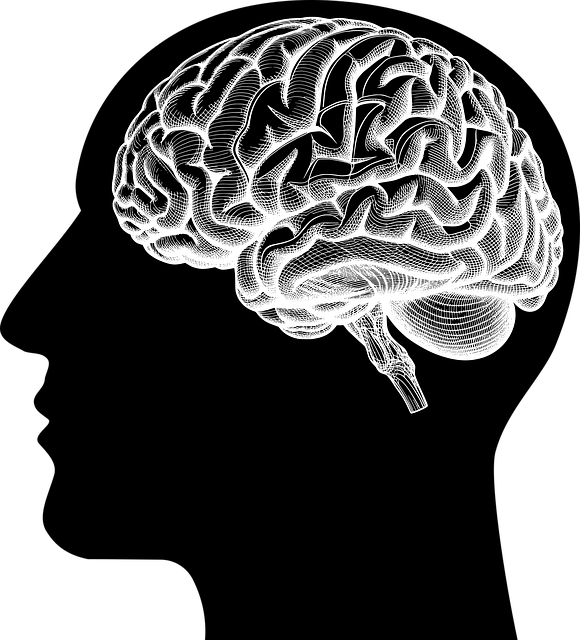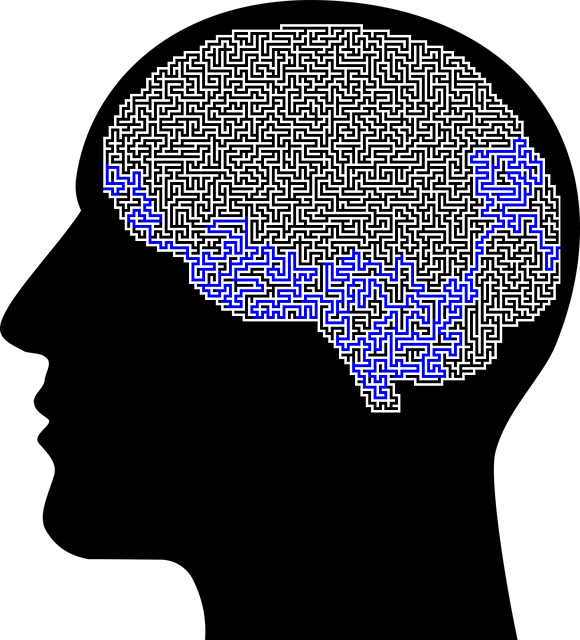Colorado Springs OCD therapy focuses on empowering individuals through coping skills development and personalized Mental Health Education Programs. By identifying triggers, learning stress reduction techniques, and adopting Cognitive Behavioral Therapy (CBT), clients gain tools to manage symptoms, improve well-being, and lead more fulfilling lives. This holistic approach combines evidence-based practices like mindfulness and progressive muscle relaxation to build resilience and enhance mental health awareness. The ultimate goal is to provide long-term strategies for robust OCD management and overall emotional well-being in Colorado Springs.
Coping skills development is a pivotal aspect of treating Obsessive Compulsive Disorder (OCD) in Colorado Springs. Understanding and cultivating effective coping mechanisms can significantly enhance therapeutic outcomes, enabling individuals to manage symptoms and improve their quality of life. This article explores various strategies, including Cognitive Behavioral Therapy (CBT), for building resilience against OCD. We discuss identifying personalized coping tools, long-term maintenance techniques, and the overall journey towards overcoming OCD in Colorado Springs therapy settings.
- Understanding Coping Skills and Their Significance in OCD Therapy
- Identifying Effective Coping Mechanisms for Daily Management
- Cognitive Behavioral Therapy (CBT) Approaches to Develop Resilience
- Building a Personalized Toolkit for Overcoming Obsessive Compulsive Behavior
- Long-term Strategies for Sustaining Coping Skills in Colorado Springs OCD Therapy
Understanding Coping Skills and Their Significance in OCD Therapy

Coping skills are essential tools in managing Obsessive Compulsive Disorder (OCD) and play a pivotal role in Colorado Springs OCD Therapy. These skills empower individuals to confront and reduce the impact of intrusive thoughts and repetitive behaviors that characterize OCD. Understanding coping mechanisms allows therapists to design personalized Mental Health Education Programs tailored to each client’s unique needs.
Effective coping strategies, such as stress reduction methods, can transform the way individuals perceive and respond to triggers. By learning these techniques, folks in Colorado Springs can better manage their symptoms, enhance their overall well-being, and lead more fulfilling lives. The goal of OCD therapy is not just to alleviate symptoms but also to equip individuals with long-lasting coping tools that promote robust mental health management.
Identifying Effective Coping Mechanisms for Daily Management

Identifying effective coping mechanisms is a crucial step for managing daily life, especially those dealing with conditions like Obsessive Compulsive Disorder (OCD) in Colorado Springs. The first step involves recognizing personal triggers and the associated distressing emotions. Once identified, individuals can start to explore various coping skills development strategies tailored to their unique needs. For example, mindfulness practices, such as meditation, have been shown to reduce OCD symptoms by cultivating present-moment awareness and promoting compassion cultivation.
These practices empower individuals to challenge repetitive thoughts and behaviors, enhancing their ability to navigate conflicts and manage stress effectively. Additionally, conflict resolution techniques can be learned to transform these challenges into opportunities for growth and self-improvement. By combining coping skills development with therapy, individuals can create a personalized toolkit to support their mental health journey and improve overall well-being.
Cognitive Behavioral Therapy (CBT) Approaches to Develop Resilience

Cognitive Behavioral Therapy (CBT) offers powerful approaches to develop resilience, making it a sought-after treatment option in Colorado Springs for those dealing with issues like obsessive-compulsive disorder (OCD). CBT focuses on identifying and changing negative thought patterns and behaviors that contribute to distress. By understanding the connection between thoughts, feelings, and actions, individuals can learn to manage their reactions to stressful situations more effectively.
This therapeutic approach encourages individuals to challenge distorted thinking and adopt healthier coping strategies. Through various techniques, such as cognitive restructuring and problem-solving skills, CBT equips people with valuable conflict resolution tools. By integrating these insights into daily life, individuals enhance their mental wellness coaching programs development, fostering greater resilience and improved overall mental health awareness.
Building a Personalized Toolkit for Overcoming Obsessive Compulsive Behavior

Developing a personalized toolkit is a powerful strategy for individuals navigating obsessive-compulsive behavior in Colorado Springs Obsessive Compulsive Disorder Therapy. This involves curating a set of coping skills and resources tailored to their unique needs. By integrating evidence-based techniques, self-care practices, and personalized strategies, individuals can gain control over their symptoms. One aspect of building this toolkit is assessing one’s triggers and developing specific interventions for managing obsessions and compulsions.
Mental health professionals play a crucial role in guiding patients through the process of resilience building. They assist in identifying healthy alternatives to compulsive behaviors and teach self-care practices that foster overall well-being. Through regular practice and personalized guidance, individuals can enhance their ability to cope with OCD symptoms, improve their quality of life, and reduce the impact of obsessions and compulsions on daily functioning.
Long-term Strategies for Sustaining Coping Skills in Colorado Springs OCD Therapy

In Colorado Springs OCD Therapy, long-term strategies are crucial for sustaining coping skills. Therapists often emphasize the integration of effective mood management techniques, such as cognitive behavioral therapy (CBT), to help individuals regulate their emotions and reduce anxiety. By teaching patients communication strategies that foster open dialogue about obsessive thoughts and compulsive behaviors, therapists empower them to seek support when needed.
Additionally, stress reduction methods like mindfulness practices, deep breathing exercises, and progressive muscle relaxation are incorporated into the therapeutic process. These techniques not only help individuals manage symptoms during therapy but also equip them with lifelong tools to cope with stressors and challenges outside of the clinical setting. The ultimate goal is to enhance overall well-being and resilience, enabling individuals to thrive in their daily lives despite the presence of OCD.
In the context of Colorado Springs OCD therapy, developing coping skills is a multifaceted process that empowers individuals to manage their obsessions and compulsions effectively. By understanding the significance of these skills, identifying personalized mechanisms, employing cognitive behavioral therapy techniques, and building a robust toolkit, those navigating OCD can foster resilience and sustain long-term improvements. This tailored approach ensures that individuals in Colorado Springs receive comprehensive support to overcome their challenges and lead more fulfilling lives.








